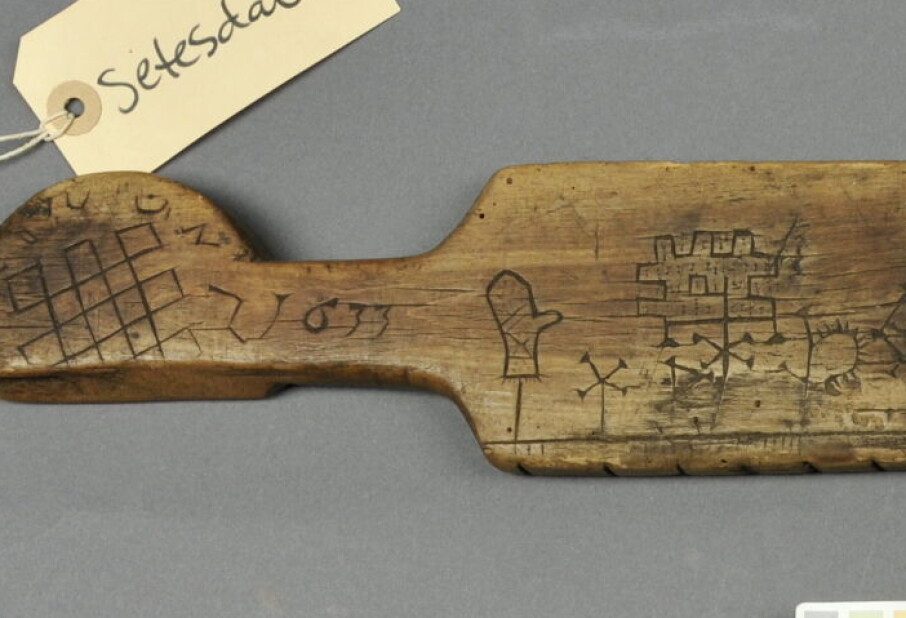
New medicine for multiple myeloma shows promising results
A new drug reduced the risk of relapse and increased survival by five months, according to a recent study. The results were presented at a cancer conference in Chicago in June.
Most often found in bone marrow sites, multiple myeloma is considered a chronic disease, although several new treatment options have increased the survival rate in recent years.
The disease affects more than 138 000 people worldwide. Over 400 Norwegians are diagnosed with multiple myeloma each year, and men are at greater risk.
The risk of developing multiple myeloma increases with age. On average, those affected are 70 years old when they are diagnosed.
The five-year survival rate for the disease after diagnosis averages 50 per cent.
Promising new treatment
“The treatment is aimed at reducing the risk of relapse and thus extending the patient’s life”, says Fredrik Schjesvold.
He is the group leader for the Oslo Myeloma Center at Oslo University Hospital and is one of the researchers behind the new study.
Stem cell transplants, also called bone marrow transplants, are a treatment option, but even then patients have a high risk of relapse.
“A few patients don’t have relapses, but that’s rare,” says Schjesvold.
The Norwegian researchers presented results from the use of a new drug at the ASCO (American Society of Clinical Oncology) cancer conference in Chicago in June. The study has not yet been peer reviewed.
The researchers collaborated with international colleagues to test the new treatment on 300 participants from Norway, other European countries and the US.
“The participants who received isatuximab lived five months longer with no relapses than the control group,” says Schjesvold.
Patients who took isatuximab in combination with two other established drugs had no relapses for 11.5 months. By comparison, the control group only received the other two therapies pomalidomide and decamasone and went for 6.5 months with no relapse.
The survival rate is measured by the median – that is, how long the patient in the middle of the scale in each group lived.
Almost halved risk of relapse
The participants had undergone at least two previous treatments for multiple myeloma.
Isatuximab in combination with the other two drugs reduced the risk of relapse or death by 40 per cent, as compared with those receiving only pomalidomide and dexamethasone.
The treatment benefit was consistent regardless of subgroups, including patients older than age 75 and patients with kidney impairment.
This is the first study showing the benefits of a so-called triplet combination, i.e. three different drugs, that includes patients who have experienced multiple relapses.
And it is the first study to show the benefits of isatuximab.
“We observed a higher survival rate, but longer follow-up will be necessary to determine whether this holds over time,” says Schjesvold.
More side effects
More patients in the triple-therapy group had side effects – 86.8 per cent – compared with 70.5 per cent in the group receiving two drugs.
The side effects ranged from fever to infections.
“You almost have to assume that the more medications you take, the more likely it is that the types and degree of the side effects will increase,” says Schjesvold.
Could take a while for Norway to approve treatment
According to Schjesvold, Norway still has a long way to go before this treatment can be approved for use there, but other countries may be able to use it at the beginning of next year.
The process to approve and implement new treatment methods in Norway – in accordance with the National System for Managed Introduction of New Health Technologies – takes at least 12 months. And often longer.
Average participant age was 67
The age of the participants ranged from 36 to 86 years old, with an average age of 67.
Participants had lived with the disease anywhere from half a year to 20 years. On average, they had had the diagnosis for four years.
Isatuximab is an antibody that targets a particular receptor on the myeloma cells (cancer cells), which activates various mechanisms leading to cell death in the cancerous tumour.
Isatuximab has not been evaluated for efficacy and safety by the European Medicines Agency (EMA).
You can read more about multiple myeloma here.
----------------------------
Read the Norwegian version of this article at forskning.no































